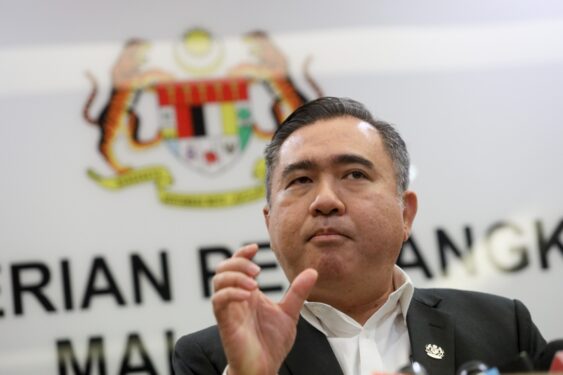JAPAN will ease entry restrictions on business travellers for stays of up to three days in a bid to revive economic activity after visits from abroad ground to a halt due to the COVID-19 pandemic, the Yomiuri newspaper reported today.
The government is planning to relax curbs for people from 30 countries and regions with which Japan has strong business ties including China, South Korea and Taiwan, the Yomiuri said, citing unidentified government sources.
The plan will come into effect next month, the newspaper said.
Japan is looking at gradually reopening its borders to visitors from overseas, starting with business travel, after it imposed some of the world’s strictest entry restrictions to contain the spread of the coronavirus.
Japan has agreed with 10 countries and regions to allow entry to long-term visa holders and another three for shorter-term stays of around one month.
Those are all reciprocal arrangements, but the latest plan involves only entrants to Japan, the Yomiuri reported.
Under the plan, business travellers will be required to take a coronavirus test, avoid public transportation and submit an itinerary of their activities during their stay, the it said.
However, they will not be required to quarantine in their hotels, the newspaper added.
Meanwhile, Japan’s Narita airport operator said it would waive landing and parking fees for all domestic flights, in a bid to support airlines which have been hit by the coronavirus outbreak.
The measure will be applied retroactively from April, the company said in a statement, adding the aviation network needs to be maintained as it is essential for Japan’s economy.
While Japanese airlines have seen some rebound in domestic flight demand, helped by a government travel campaign, bookings remain below last year’s levels.
That means carriers are burning through cash to maintain jets that are either grounded or flying with too few passengers.
Japan’s biggest airline, ANA Holdings, said earlier today it was considering revamping its business including reducing its fleet size, as it grapples with a plunge in travel demand due to the COVID-19 pandemic.
A source had told Reuters that ANA was expected to suffer a net loss of around 500 billion yen (RM19.82 bil) this fiscal year and cut its fleet of more than 300 aircraft by about 25 to reduce costs. – Oct 22, 2020, Reuters










